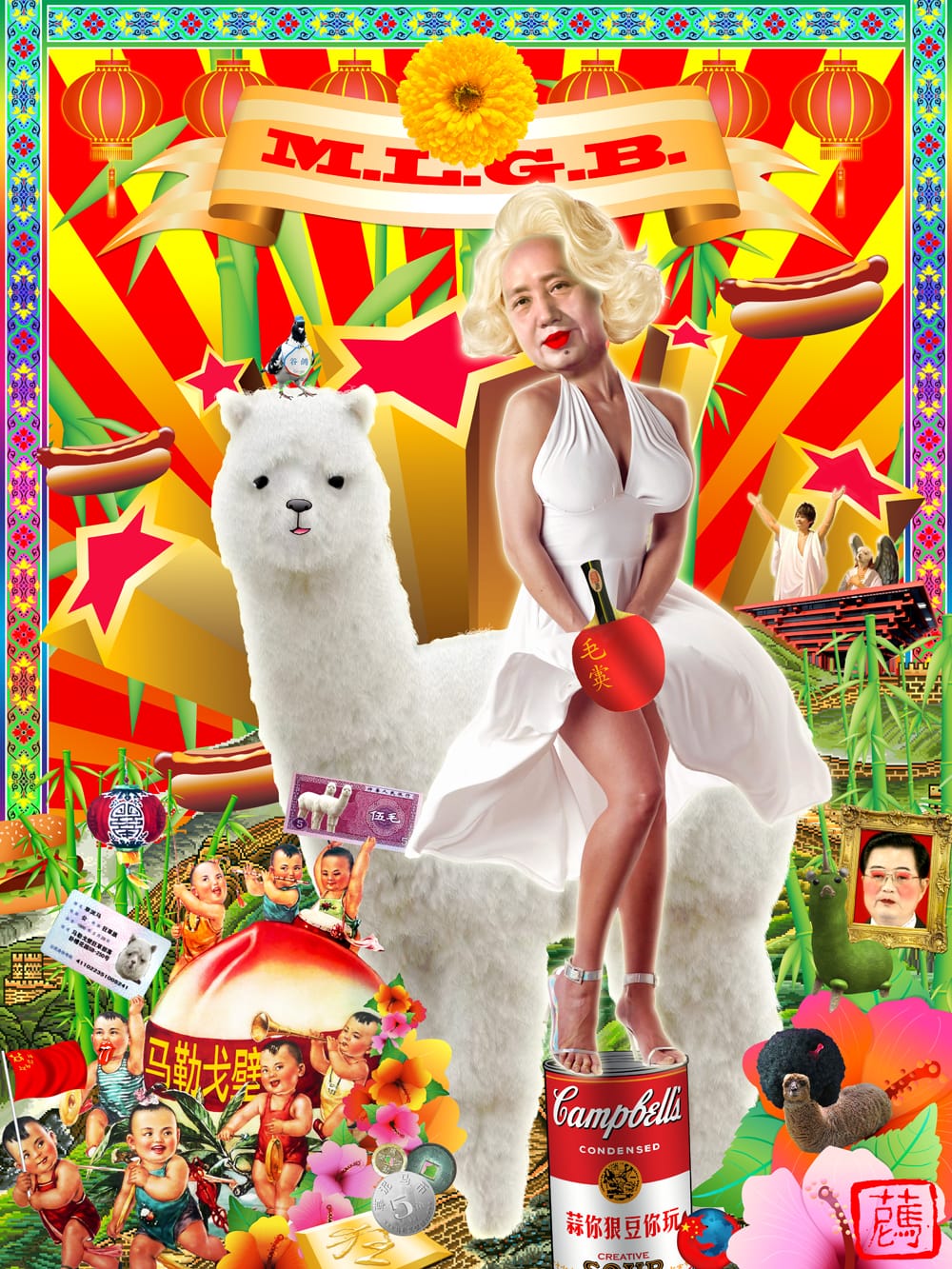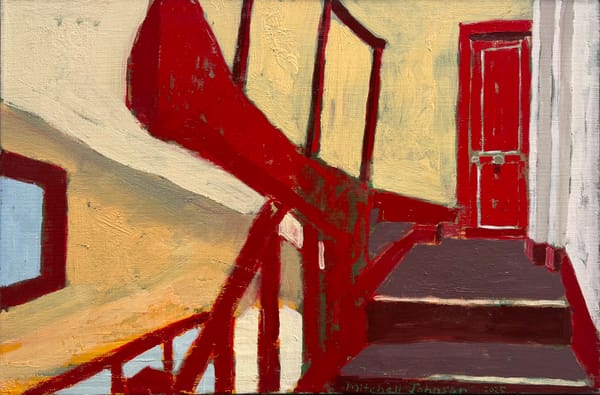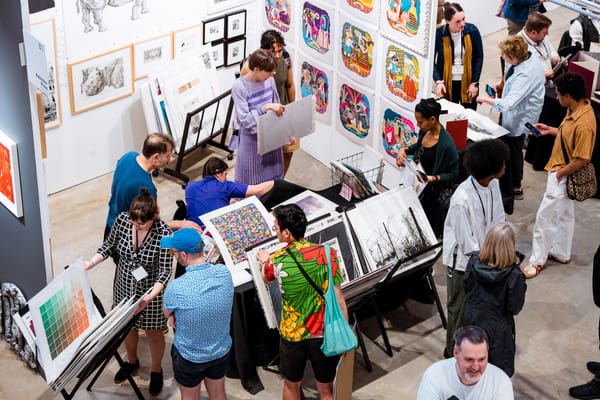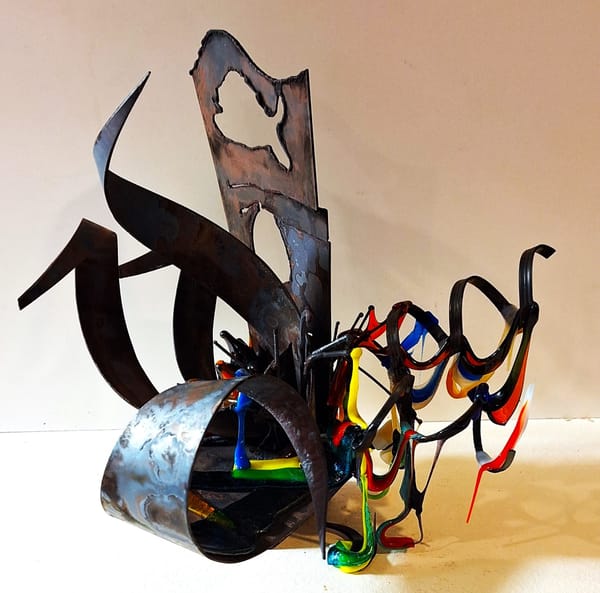China Will Send Artists to Live and Work in Rural Areas
In an uncomfortable echo of the reeducation campaigns of Mao Zedong's Cultural Revolution, Chinese President Xi Jinping has announced that artists, filmmakers, and TV staff will be sent to live and work in rural villages so that they will "form a correct view of art and create more masterpieces,” Ch

In an uncomfortable echo of the reeducation campaigns of Mao Zedong’s Cultural Revolution, Chinese President Xi Jinping has announced that artists, filmmakers, and TV staff will be sent to live and work in rural villages so that they will “form a correct view of art and create more masterpieces,” China’s official news agency, Xinhua, announced.
The plan, which comes from the State General Administration of Press, Publication, Radio, Film, and Television, calls for film and TV series production staff to visit “grassroots communities, villages, and mining sites to do field study and experience life” quarterly; and for certain groups of TV and film staff “to live among the masses each year” for at least 30 days in “ethnic minority and border areas,” as well as towns that are seen as playing an important role in the Cultural Revolution.
The announcement comes less than two months after Xi gave a speech illuminating his position on art in society. Artists should “disseminate contemporary Chinese values,” Xi said then, and: “The creation of art can fly with the wings of imagination … but make sure art workers tread on solid earth.” The new campaign seems meant to ensure the latter.
The State General Administration of Press, Publication, Radio, Film, and Television also announced in the past week a ban on puns and wordplay. The rationale is that wordplay “breaches the law on standard spoken and written Chinese, makes promoting cultural heritage harder and may mislead the public – especially children,” according to the Guardian. All media must hereafter “strictly comply with the standard spelling and use of characters, words, phrases, and idioms – and avoid changing the characters, phrasing and meanings.” The move may be an attempt to crack down on Chinese citizens who’ve taken to using wordplay, often on the internet, to slyly express their opposition to the government.




